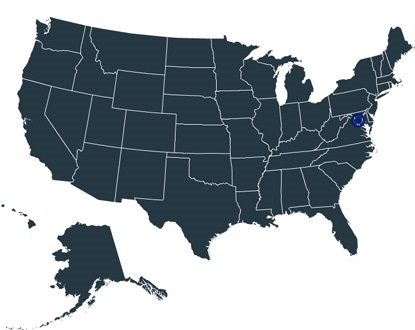Released February 24th, 2016
ITEP
An updated 50-state study, Undocumented Immigrants’ State and Local Tax Contributions, by the Institute on Taxation and Economic Policy finds that undocumented immigrants’ tax contributions would increase significantly under the Obama Administration’s executive actions and even more substantially under comprehensive immigration reform granting all undocumented immigrants lawful permanent residence.
The 11 million undocumented immigrants currently living in the United States collectively paid $11.64 billion in state and local taxes. ITEP’s analysis finds their combined nationwide state and local tax contributions would increase by $805 million under full implementation of the administration’s 2012 and 2014 executive actions and by $2.1 billionunder comprehensive immigration reform.
“Regardless of the politically contentious nature of immigration reform, the data show undocumented immigrants greatly contribute to our nation's economy, not just in labor but also with tax dollars,” said Meg Wiehe, ITEP's State Tax Policy Director.
Read the Report on PDF format
ITEP
An updated 50-state study, Undocumented Immigrants’ State and Local Tax Contributions, by the Institute on Taxation and Economic Policy finds that undocumented immigrants’ tax contributions would increase significantly under the Obama Administration’s executive actions and even more substantially under comprehensive immigration reform granting all undocumented immigrants lawful permanent residence.
The 11 million undocumented immigrants currently living in the United States collectively paid $11.64 billion in state and local taxes. ITEP’s analysis finds their combined nationwide state and local tax contributions would increase by $805 million under full implementation of the administration’s 2012 and 2014 executive actions and by $2.1 billionunder comprehensive immigration reform.
“Regardless of the politically contentious nature of immigration reform, the data show undocumented immigrants greatly contribute to our nation's economy, not just in labor but also with tax dollars,” said Meg Wiehe, ITEP's State Tax Policy Director.
Read the Report on PDF format

 RSS Feed
RSS Feed